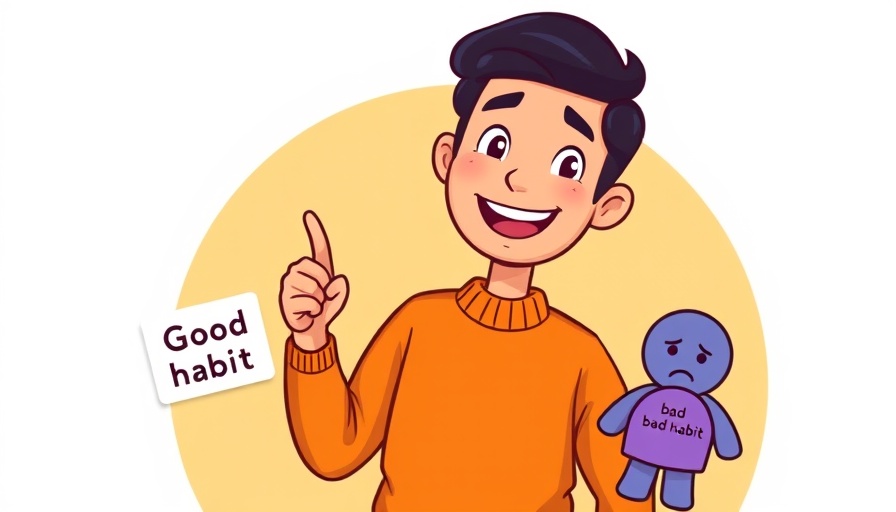
Embracing Grief: The Path to Healing and Hope
In times of loss, we often find ourselves grappling with the depth of our emotions. Rachael Gaibel reflects profoundly on her journey after losing not just her mother-in-law but a cherished dream of expanding her family. This compelling narrative illuminates how grief is not just a reaction to loss—it can be a transformative experience that paves the way for personal growth. The acknowledgment of grief allows us the space to heal and discover who we truly are beneath the surface of our sorrows.
The Weight of Unseen Losses
Gaibel introduces us to the complex notion of disenfranchised grief, where societal support and acknowledgment are often lacking. It's a type of grief that can feel invisible, recognized by the individual but unnoticed by others. This concept resonates deeply, as many grapple with hopes and dreams unfulfilled—like the dream of a larger family that never materialized due to infertility. The pain of such losses can be compounded by a lack of understanding from those around us, leading to a feeling of isolation in our grief.
The Power of Self-Compassion
Throughout her journey, Gaibel confronts her critical inner voice that judges her grief. She learns the vital importance of self-kindness, especially during periods of profound sorrow. This reformation of internal dialogue is essential: she expresses the need for us to treat ourselves with compassion and to recognize our grief as valid. By reframing her internal narrative, Gaibel embarks on a healing journey that allows her to reclaim control over her emotional state.
Finding Purpose Through Pain
As Gaibel processes her grief with the help of a therapist, she uncovers a pivotal lesson—that grief can lead us toward our true purpose. This viewpoint mirrors insights from thought leaders like Brené Brown, who emphasizes that our painful experiences can serve as catalysts for growth. By embracing our losses, we prevent ourselves from becoming stagnant and can instead redirect our energies into new dreams, aspirations, and personal growth.
Building a New Life: Steps Toward Recovery
While grief is an integral part of life, recognizing it as a stepping stone rather than a roadblock can empower us. Gaibel's journey reminds us of the possibilities that wait on the other side of grief; it’s a reminder that personal development doesn’t just occur in moments of happiness. Instead, it often flourishes in the shadows of our struggles. Establishing personal development goals, focusing on self-growth practices, and seeking support can ignite the spark necessary for transformation.
Encouragement for Those Experiencing Loss
Grief is universal, yet how we each experience it is uniquely our own. Gaibel's story is a testament to the resilient human spirit and serves as encouragement for others walking a similar path. The message is clear: it’s okay to grieve; it’s okay to take your time; and ultimately, it’s essential to believe that through the darkness, light will re-emerge. Those who share similar experiences are invited to connect, share their stories, and take heart from the shared human experience, knowing that every ending is also a new beginning.
Call to Action: Embrace Your Journey
If Gaibel's experience resonates with you, take this moment to evaluate your own grief. Are there dreams you need to mourn? Acknowledge your feelings and explore the new possibilities awaiting you on the other side. Remember, personal growth often arises from the places we least expect. Engagement with a supportive community can foster healing, so don’t hesitate to reach out and share your journey.
 Add Row
Add Row  Add
Add 




 Add Row
Add Row  Add
Add 

Write A Comment